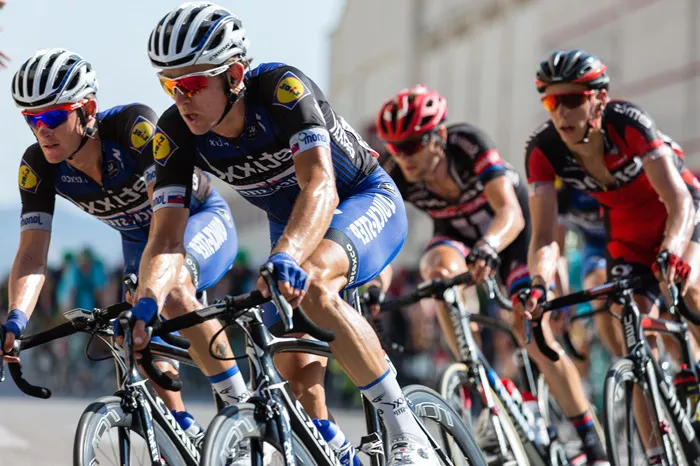In various competitive sports like boxing, MMA, swimming, and bodybuilding, the practice of cutting weight shortly before a competition has long been standard. However, new scientific findings are challenging the effectiveness of this approach, highlighting potential drawbacks for both performance levels and immune system health. Here’s a breakdown of what the latest research suggests.
Study Methodology and Findings
A recent study focused on 12 female endurance athletes aged 18 to 40. Initially, these athletes were provided with their optimal calorie intake before exercise, and their performance on a cycling machine was measured. Subsequently, the same athletes underwent a diet regime that supplied only about 50% of their energy requirements, simulating conditions of energy deficit commonly seen in weight-cutting practices.
The results were striking. Researchers noted that prolonged Low Energy Availability (LEA), caused by energy deficits like those induced by weight cutting, significantly elevated cortisol levels and adversely affected the athletes’ immune systems. Moreover, LEA led to sustained impairments in exercise performance, even after the athletes were refueled.
Athletes who underwent weight loss experienced an average 4% reduction in body weight, half of which was muscle mass. This loss translated to a 7.8% decrease in power output during a 20-minute cycling time trial post-LEA. Despite subsequent nutritional replenishment, performance remained 6.7% lower compared to athletes who maintained optimal energy intake throughout.
Implications and Recommendations
The implications are clear for athletes who engage in drastic weight manipulation strategies before competitions, such as boxers cutting weight before weigh-ins. While these methods may qualify athletes for their events, the subsequent performance deficits are evident. Even marginal performance decrements can affect outcomes at elite levels of competition.
Lead author Jan Sommer Jeppesen highlighted the study’s findings, emphasizing the severe impact of insufficient energy intake on systemic stress and immune function. Increased cortisol levels and heightened stress responses in immune cells suggest that inadequate nutrition could make athletes more susceptible to illness.
In light of these findings, a more cautious approach to weight management in sports is recommended. Rather than extreme calorie deficits shortly before competition, athletes may benefit from strategic weight management strategies that allow for gradual adjustments and adequate refueling periods. This approach aims to optimize performance while minimizing the detrimental effects of energy depletion on overall health and competitive readiness.
As sports science continues to evolve, these insights encourage athletes and coaches to reconsider traditional practices in favor of methods that prioritize long-term performance and well-being.
[inline_related_posts title=”You Might Be Interested In” title_align=”left” style=”list” number=”6″ align=”none” ids=”10954,10951,10949″ by=”categories” orderby=”rand” order=”DESC” hide_thumb=”no” thumb_right=”no” views=”no” date=”yes” grid_columns=”2″ post_type=”” tax=””]
































